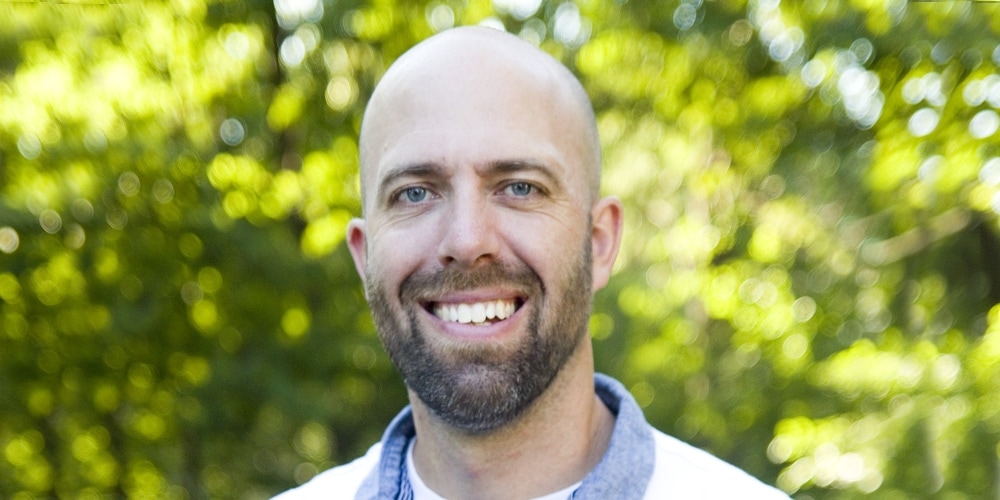
One of the most important sermons I’ve heard during the last few years is one that my good friend Ty Gibson shared. Ty spoke of his friend Frank, who objected so much that it seemed like one of his favorite words was “but.” That is, whenever Ty would talk about God’s boundless love, Frank would always respond by saying, “Yeah, but . . . ”
So Ty might say something like, “Frank, God’s love for you is not based upon your doing the right things.” To which Frank would immediately respond, “Yeah, but I still have to do the right things.” Or Ty would say, “Frank, God loves you no matter what, and He accepts you regardless of your mistakes.” To which Frank would say, “Yeah, but I still need to get my act together.”
As I listened to Ty’s articulation, I realized that I use the word “but” too frequently as well. Deep down inside I feel unsure about whether I can truly go “all-in” on God’s love. There’s always a “but,” always caveats and qualifications. Growing up Adventist, I’ve also tended to be extremely suspicious of and sensitive to what might be labeled “cheap grace.” I have a radar that detects anything that hints of antinomianism from a mile away.
My good friend and colleague Pastor Nathan Stearman talks about the “hybrid” model of the “gospel.” The hybrid model is when we attempt to fully commit to the idea that God’s love is enough, but then we add some works and self-critique for good measure, hedging our bets. It’s along the lines of what Ellen White says about those who “think they are committing themselves to God,” but instead, “trust partly to God and partly to themselves.” They thus fail to “look to God, to be kept by His power,” depending “upon watchfulness against temptation and the performance of certain duties for acceptance with Him.”1
And what is the result of this hybrid approach? “There are no victories in this kind of faith,” she explains. “Such persons toil to no purpose; their souls are in continual bondage, and they find no rest until their burdens are laid at the feet of Jesus.”2 Such a model is a dead-end street, robbing of life. I’ve felt its suffocating and soul-crushing weight all too often.
I need to be reminded of God’s love again and again, because I’m prone to forget and doubt. I’ve yet to graduate from the gospel, and I don’t anticipate I ever will. It’s not the “milk” of theology that we someday move beyond to meatier topics. The love of God is the apex of human contemplation. To be sure, this love has texture and substance and glorious beauty. It isn’t a vague topic. But I need to repeatedly hear that God loves me—full stop, no “buts.” After all, God’s love is the only force truly capable of changing my life and changing the world. Or, as Ellen White writes elsewhere, “Only by love is love awakened.”3
So I’m going all-in on love. Indeed, I’ve decided that if love is wrong, then I don’t want to be right.
Shawn Brace is a pastor and author in Bangor, Maine, whose forthcoming book, The Table I Long For (Signs Publishing), further details his and his church’s recent journey into a mission-centered life. He’s also a D.Phil. student at the University of Oxford, researching nineteenth-century American Christianity.
1 Ellen G. White, Faith and Works (Nashville, Tenn.: Southern Pub. Assn., 1979), p. 38.
2 Ibid.
3 Ellen G. White, The Desire of Ages (Mountain View, Calif.: Pacific Press Pub. Assn., 1898), p. 22.